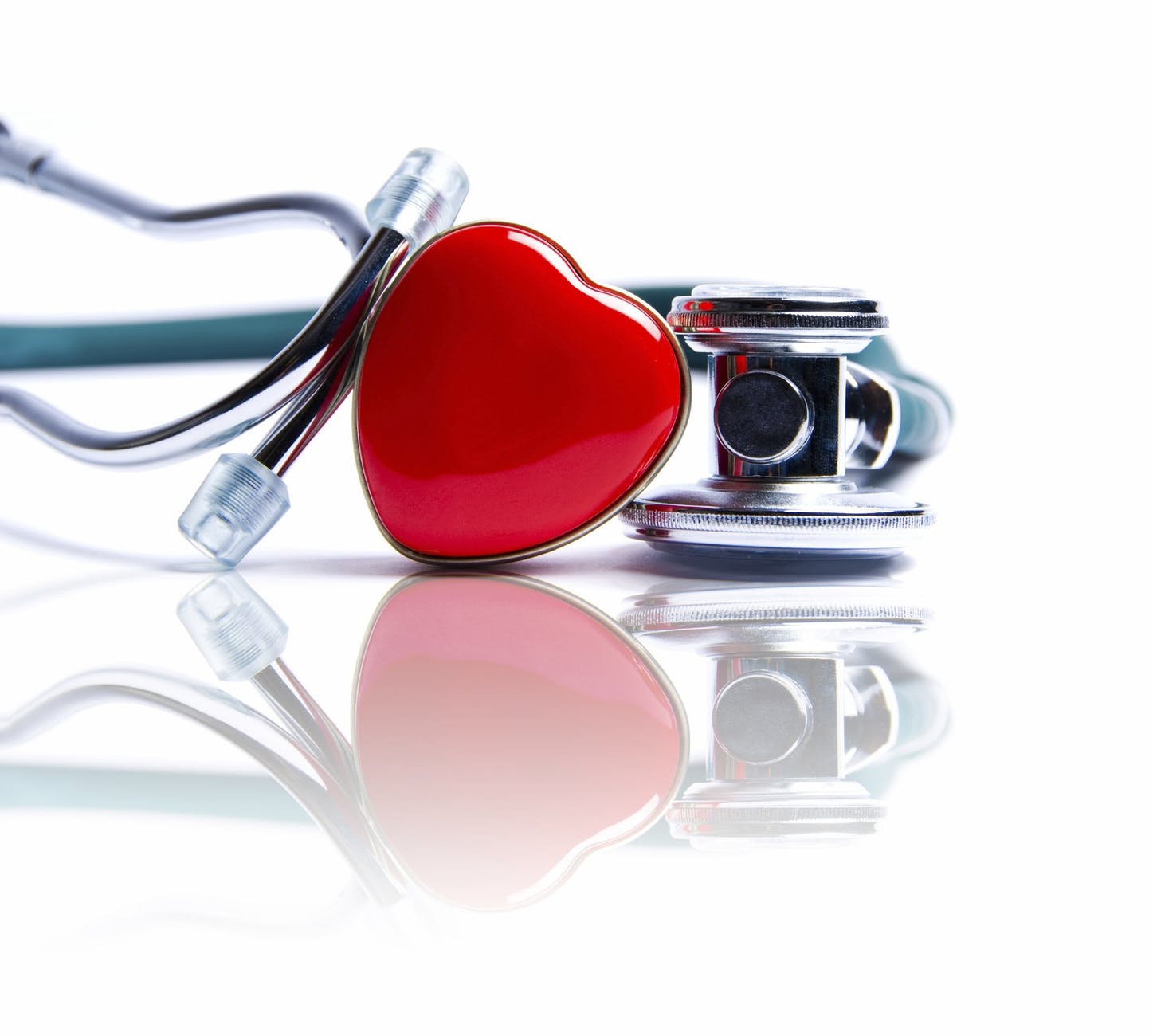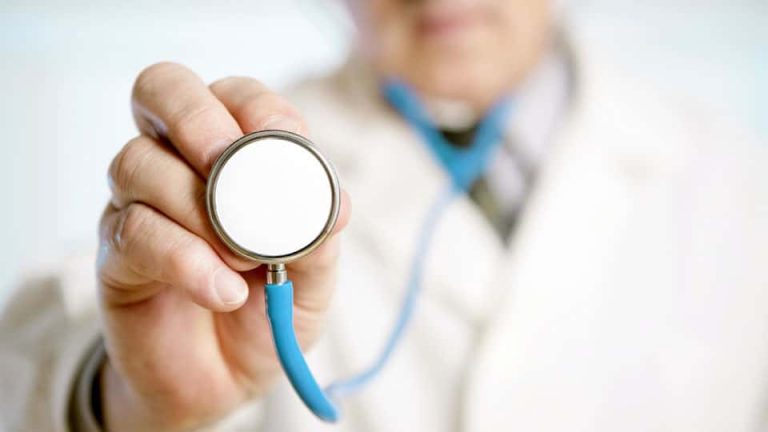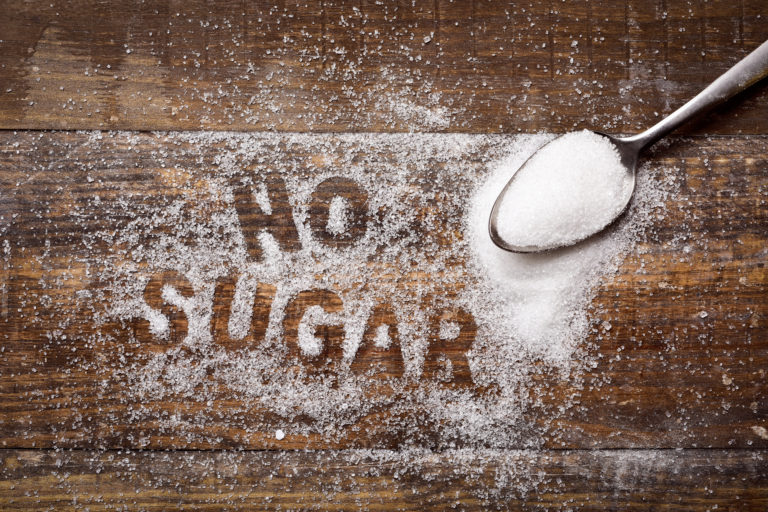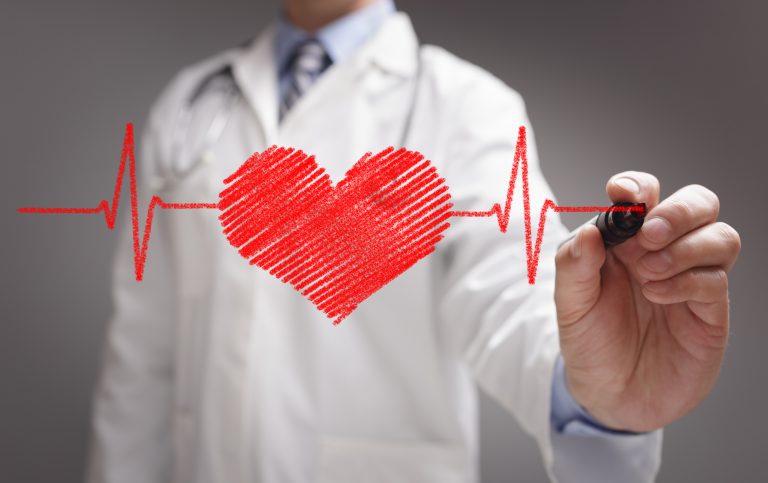
You don’t need us to tell you that your heart is one of the most important organs in your body. Day after day, behind the scenes, the fist-sized machine pumps blood throughout your veins and maintains the steady rhythm that keeps you alive. The best thing you can do in return? Listen to the telltale warning signs it sends you—often manifested in the form of seemingly mundane symptoms, like insomnia or upper back pain. If you don’t, you’re putting yourself at risk for all manner of heart disease. So, to keep your ticker in tip-top shape, here’s what to look out for.
You have a toothache.
A toothache doesn’t always require a trip to your dentist; actually, it may be a signal of a heart attack, says cardiologist Dr. Amar Singhal. “The pain may feel like it’s radiating outward from the teeth or along the jaw, or can even feel like earache,” he explains.
That’s because, according to Dr. Greg Grobmyer, DDS, a dentist in Chattanooga, Tennessee with Authority Dental, “oral bacteria can enter the bloodstream through inflamed tissues and settle on heart valves, creating bacterial plaques that lead to heart disease and heart attacks, strokes, and more.”
You cough up pink or white mucus.
If you find that you’re coughing up pink or white mucus, versus the standard clear mucus, it could be a sign your heart is unhealthy. “A long-lasting cough that produces a strange colored mucus could be the result of heart failure,” says Nate Masterson of holistic medicine website Maple Holistics. “The white or pink color may be the result of blood leaking into the lungs.”
Of course, heart failure does not mean your heart has stopped or is about to stop working (that would be cardiac arrest). It simply means the heart is not able to pump blood the way it should, according to the U.S. National Library of Medicine. Discuss this symptom with your doctor in order to come up with a plan that will improve your heart health.
You have swollen extremities.
Swollen limbs, also known as edema, could signal something is amiss in your cardiovascular system. “Feet and hands being swollen for long periods of time is a sign of blood not being pumped through the body properly,” says Masterson.
“When blood is not being pumped properly, it will naturally collect in the areas furthest away from the heart.” If you find that any body part is constantly, inexplicably swollen, ask your doctor about it.
You’re losing hair on your legs.
If you’ve found that your legs no longer require a shaving, that might be because of an underlying heart condition. “The nutrients that are necessary for hair growth are distributed via the blood,” says Lina Velikova, MD, medical director at Synevo Bulgaria. “If the nutrients don’t reach the hair or if the hairs don’t get enough oxygen, they are likely to fall off.”
In other words, sudden hair loss on your legs could signal your heart is having trouble pumping enough blood to your extremities. You’ll notice this symptom on your lower legs first, since they’re the farthest away from your heart.
Your toenails are purple.
Unless you’ve recently stubbed your toe, purple or blue toenails could mean your extremities are not receiving enough oxygen. “This is probably due to a clogged blood vessel, which indicates disrupted circulation,” says Velikova. If the issue is left unattended, it could result in the loss of a toe due to dead tissue.
You can’t catch your breath.
While getting winded on occasion is completely normal, feeling like you’re constantly struggling to catch your breath is not. “If walking up the stairs suddenly becomes more difficult than it used to be, it could be a sign that you are having an issue with your heart,” says Masterson. “People may think they are just out of shape, but running off to the gym while your heart is in this condition may actually induce a heart attack.”
What’s more, because arteries don’t simply clog overnight, it’s normal for such symptoms to worsen with time.
You can’t exercise as hard as you used to.
Even if you’re not noticing intense shortness of breath, you might notice changes in how much you’re able to exercise. “A gradual decrease of exercise tolerance can be a sign of worsening heart function,” says Tarak Rambhatla, MD, a cardiologist with the Miami Cardiac & Vascular Institute. You might notice anything from fatigue and weakness to something more alarming, such as chest pain.
You have uncontrollable vomiting and nausea.
When the bottom lining of the heart that surrounds the structures of the stomach is inflamed, it can “produce reactions similar to the feelings of nausea, abdominal pain, and even vomiting,” says Rambhatla. According to the Mayo Clinic, this symptom is more prevalent in women than in men.

























